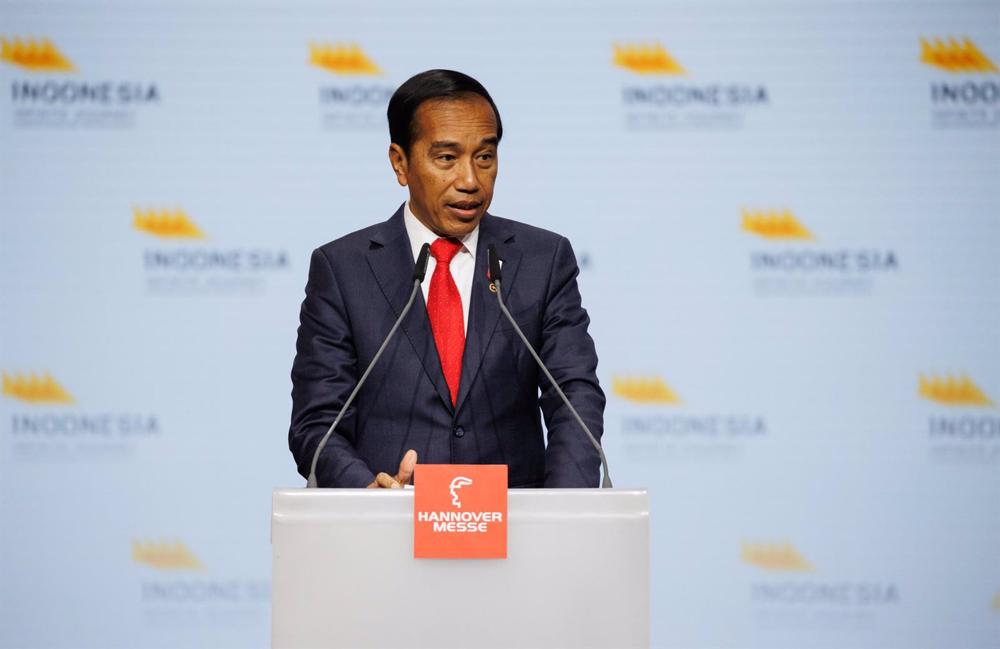
Benedict XVI criticizes in a posthumous book with theological reflections elaborated after his resignation in 2013, some of them unpublished, the «intolerance» of Western societies «against the Christian faith.» The volume will be published in Italy this Friday, January 20.
As reported by the French daily ‘La Croix’, the German pope, who died on December 31, ordered the destruction of his personal notes, as revealed by his personal secretary for the last two decades, but authorized the publication of these texts.
«This volume, which brings together the texts I wrote in the Mater Ecclesiae monastery, will be published after my death,» writes Benedict XVI about the book entitled ‘What is Christianity’ Almost a spiritual testament’ (‘Che cos’è il Cristianesimo. Quasi un testamento spirituale’). It is a collection of 16 texts, most of them written around 2018. Specifically, they are speeches, letters and articles, some of them already known, but five, in part, unpublished. In terms of content, they refer, among other things, to the Islamic-Christian dialogue, the definition of the concept of religion or the meaning of communion.
The German pope defines it as his «last work and it contains the unpublished text entitled ‘Monotheism and Tolerance’, in which the German pope harshly criticizes «the growing intolerance exercised precisely in the name of tolerance» in contemporary societies.
«In fact, the modern state of the Western world considers itself in part a great power of tolerance, which breaks with the senseless and prerrational traditions of all religions,» writes Benedict XVI. Moreover, he asserts that through the «radical manipulation of man» and «the alteration of the sexes through gender ideology» contemporary society is opposed «to Christianity.»
For Benedict XVI, who bases his reflection on various passages of the Old Testament, «modern thought no longer wants to recognize the truth of being, but wants to take power over being. It wants to reshape the world according to its own needs and desires».
Similarly, Benedict XVI criticizes «contemporary relativism,» the «dictatorial pretension to always be right» as well as «the abandonment of Christian anthropology and the way of life that derives from it, considering it prerrational.» «The intolerance of this apparent modernity against the Christian faith,» Benedict XVI points out, «has not yet become open persecution. Nevertheless, it presents itself in an increasingly authoritarian form, seeking to bring about, with the legislation that derives from it, the extinction of what is Christian in essence.»
The German pope’s book also contains a modified version of a text on the priesthood, which caused some controversy in 2019, when it appeared published in a book co-authored by Cardinal Robert Sarah (‘From the Depths of Our Hearts’), just before the Amazon Synod, which opened the debate on the need for priestly celibacy.
The publication of this book had triggered an intense diatribe, with some sectors of the Roman Curia questioning Benedict XVI’s willingness to actually make the text public.
With the inclusion of this text in this new volume, willed and conceived by Benedict XVI, and entrusted to the care of his Italian biographer Elio Guerriero, it seems that the Pope Emeritus did take on board this reflection and did not want it to be destined exclusively for private use.
After developing various theological aspects on the meaning of the Eucharist and the role of the priest, Francis’ predecessor concludes that the priesthood is linked to an «ontological abstinence» and that «the ability to renounce marriage in order to be totally at the Lord’s disposal has become a criterion for priestly ministry».
This work, carried out by a pope who was keen to distinguish, during his pontificate, his work as a theologian from the pontifical magisterium, had not been planned after his resignation in 2013. «When on February 11, 2013, I announced my resignation from the ministry of successor of Peter, I had no plan for what I would do in my new situation,» Benedict XVI explains in the brief prologue that introduces the text. «I was too tired to be able to plan more work,» he argues.
But the then pope emeritus says he slowly resumed «(his) theological work» after the election of Pope Francis. «Thus, over the years, a series of small and medium-sized contributions have taken shape, which are presented in this volume,» he says.
Source: (EUROPA PRESS)






